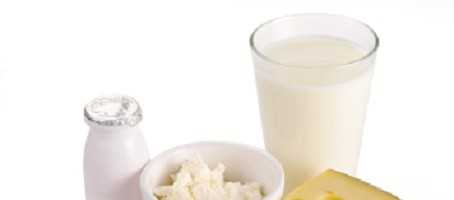Research shows specific saturated fats, notably those commonly found in dairy products are associated with a decreased risk of type 2 diabetes.
For years the NHS and the Department of Health have been advising people to reduce the saturated fat intake of their diet . The new research suggests that whilst some saturated fats are unhealthy, specifically those commonly found in processed foods, the saturated fats found in dairy products, such as yoghurt and cheese, are healthier than carbohydrates.
The research used data from the EPIC (European Prospective Investigation into Cancer) study. The study included over 340,000 participants and from these, 12,403 people with new onset type 2 diabetes were drawn out for analysis.
The researchers, from Cambridge University and the Medical Research Council, analysed measurements of circulating saturated fatty acids (SFAs) in the participants’ blood. After adjusting for other factors, the researchers found that odd-chain saturated fatty acids were associated with a reduced risk of type 2 diabetes whilst even-chain SFAs were associated with an increased risk of type 2 diabetes.
Following dietary assessment, the researchers found that the odd-chain SFAs, that reduced risk of type 2 diabetes, to be more strongly associated with dairy products. Meanwhile, the even-chain SFAs that increased risk of diabetes were found to be more strongly associated with starchy and sugary foods and alcohol.
In response to the study, Dariush Mozaffaria, Dean of the Friedman School of Nutrition Science and Policy at Tufts University, stated: “Now is the time to redesign our process of setting dietary guidelines. We need to move away from unhelpful classifications and policies based on crude groupings of merely chemically related nutrients (eg total saturated fat) and their predicted or postulated effects on risk…” Adding that such broad classifications only serve to create confusion for consumers and allow for manipulation by the food industry.
What's new on the forum? ⭐️
Get our free newsletters
Stay up to date with the latest news, research and breakthroughs.





